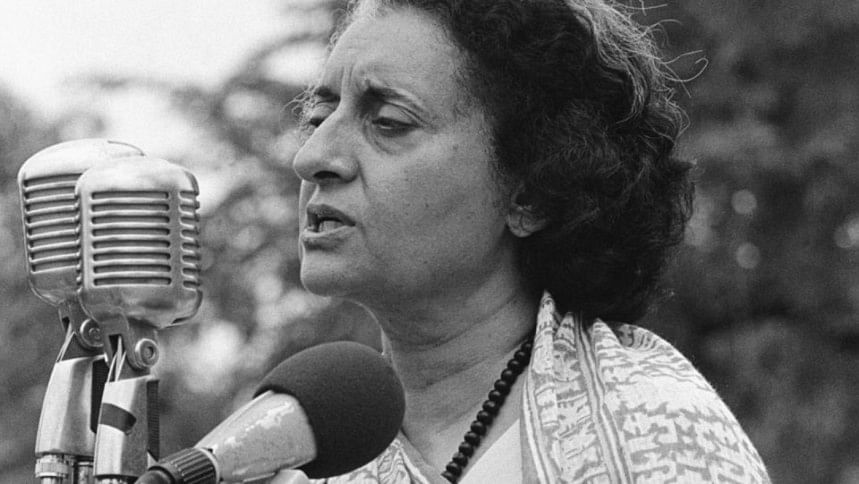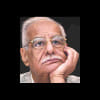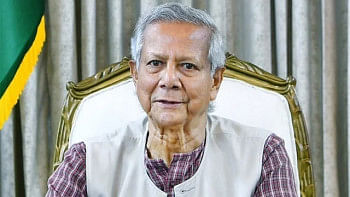An apology overdue

Certain dates are so important in a nation's history that they cannot be forgotten. One such date is June 25, 1975, when Mrs Indira Gandhi, the then Prime Minister of India, switched off the lights of democracy. Instead of resigning from her office after the Allahabad High Court verdict for a poll offence, she suspended the constitution and did the worst kind of excesses. One hundred thousand people were detained without trial and many were killed because they were staunch critics of Mrs Gandhi.
Belatedly, the Congress Party which Mrs Gandhi headed regretted the imposition of a rule where there was no personal freedom and the press was gagged. But the apology to the nation is long overdue. Congress President Rahul Gandhi can make no amends for what had happened 43 years ago, but he can at least tell the nation that both his grandmother and the party were wrong.
Justice JC Shah, a former Chief Justice of India who subsequently went into the excesses of emergency soon after the Janata Party under Morarji Desai came to power, had pointed out the atrocities committed against the people, including Mrs Gandhi's political opponents. The Shah Commission report is a precious document with several lessons to be learnt.
What India went through during those 21 months of emergency should be a part of the curriculum of textbooks prescribed in schools and colleges. But the present lot of books is so prejudiced against Muslim rulers in India that historians have voiced their criticism against them. In fact, the phobia of Hindutva has overtaken most of the states in the country. The bureaucracy seems to have got saffronised.
The constitution is still a sacred document. But, I am afraid, in the 2019 election, BJP may try to get two-thirds of majority and if it does, the party would amend the constitution itself. Article 370 which gives a special status to Jammu and Kashmir and the spirit of pluralism which protects minorities could be the target. The party, which is the political wing of the RSS, may attempt to dilute, if not abolish, the concept of secularism.
What happened during the emergency is an affront to the freedom fighters and constitution framers who considered the basic structure of the constitution beyond amendments. But Mrs Gandhi, armed with a presidential decree, suspended elections and civil liberties. All her political opponents imprisoned during the period were tortured in prison and thousands were eliminated or banished. Several other atrocities, including forced mass-sterilisation of millions of people, spearheaded by her son Sanjay Gandhi, were committed.
The Shah Commission, constituted to go into the excesses committed during the emergency, submitted its report in three parts, the last one on August 6, 1978. If the sheer size of the report—it had 26 chapters and three appendices running to over 530 pages—reflected the enormity of the violence committed against democratic institutions and ethics, it also expressed grave concern about the happenings and the damage they had inflicted on the system.
Justice Shah discussed police actions and the role of Sanjay Gandhi at the Turkman Gate incident in which police fired on a crowd of people protesting against demolition of their houses. In fact, when Mrs Gandhi returned to power in 1980, she tried to recall copies of the report wherever possible. So damaging was the report that she tried all her tricks but could not succeed. Yet, the report was banned.
However, Era Sezhiyan, one of the founding members of the DMK and then an MP, republished his copy of the report in a book form called Shah Commission Report - Lost and Regained, in which he rightly said: "…it is more than an investigative report; it is a magnificent historical document to serve as a warning for those coming to power in the future not to disturb the basic structure of a functioning democracy and also, for those suppressed under a despotic rule, a hopeful guide to redeem the freedom by spirited struggle."
But the ruling Bharatiya Janata Party (BJP), which suffered from the emergency most, does not seem to have learnt the lesson which it should have. Mrs Indira Gandhi was overtaken by the mania of a one-person rule. Today, Prime Minister Narendra Modi is also riding the same horse at the command of Rashtriya Swayamsevak Sangh (RSS) and trying to change a pluralistic society, which gives purpose to the nation, into a Hindu Rashtra of sorts.
In fact, people today have started comparing the one-person rule of Mrs Gandhi with that of Modi's. So much so that most newspapers and television channels have adapted themselves to his way of working, if not thinking, as they had done during Mrs Gandhi's regime.
Veteran BJP leader LK Advani had remarked some time ago that the recurrence of emergency cannot be ruled out. He further clarified that the arrogance of leaders leads to authoritarianism, taking a dig at Prime Minister Modi's style of governance. Incidentally, Advani spent 18 months in jail for opposing the emergency. To snub Advani for his forthright comment, BJP did not invite him to an event where it honoured those who went to jail during the emergency.
That the BJP is unpredictable is evident from the way it has jettisoned Mehbooba Mufti, the chief minister of Jammu and Kashmir. The party withdrew support to her without informing her, making President's rule in the state inevitable. Former chief minister Omar Abdullah has squarely blamed both the BJP and PDP for the current situation. In fact, most opposition leaders have felt that the coalition should not have taken place in the first place.
One expects that the 2019 Lok Sabha elections will give an absolute majority to a single party. But it doesn't look to be so on surface. At present, it is going to be a messy process. The democratic polity we have may be stretched beyond anybody's comprehension. One hopes that the situation would be avoided.
Kuldip Nayar is an eminent Indian columnist.

 For all latest news, follow The Daily Star's Google News channel.
For all latest news, follow The Daily Star's Google News channel. 



Comments